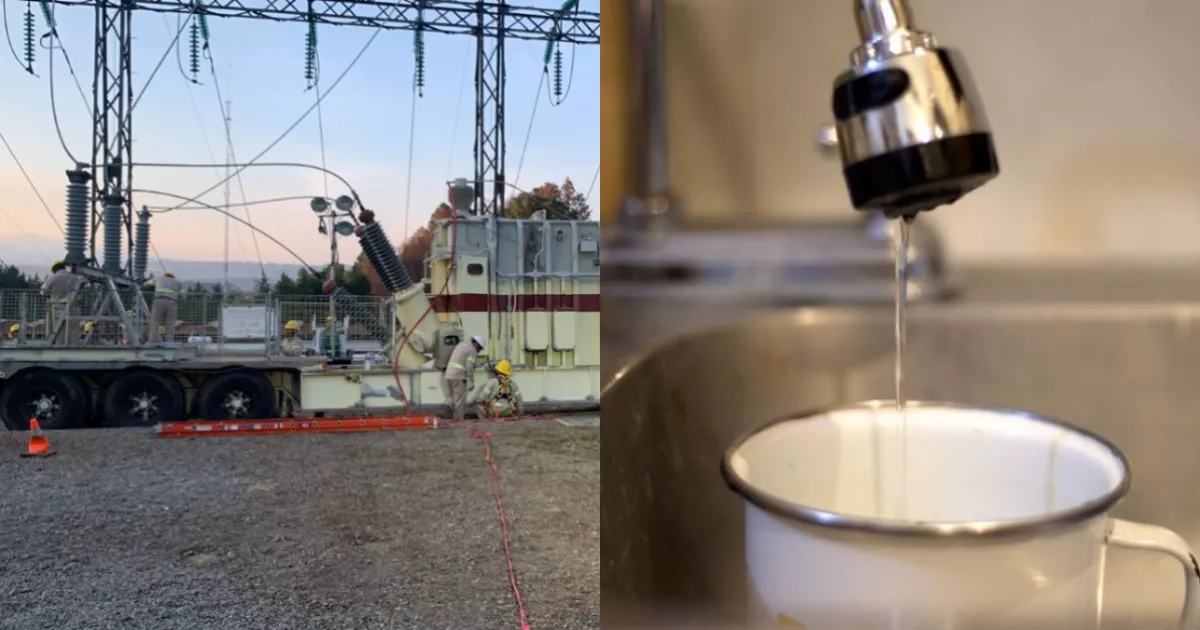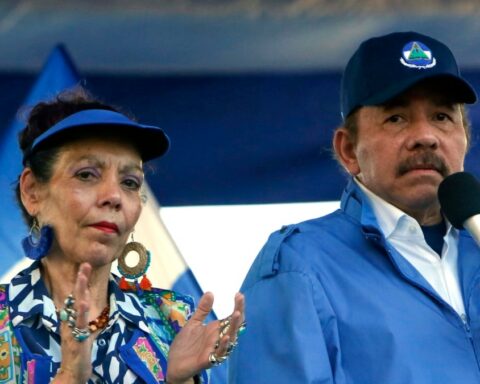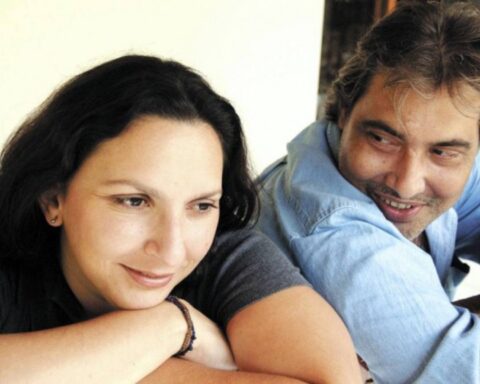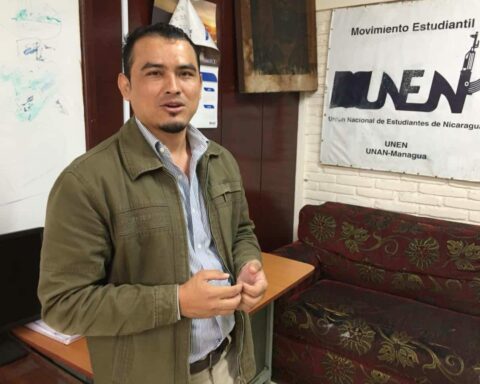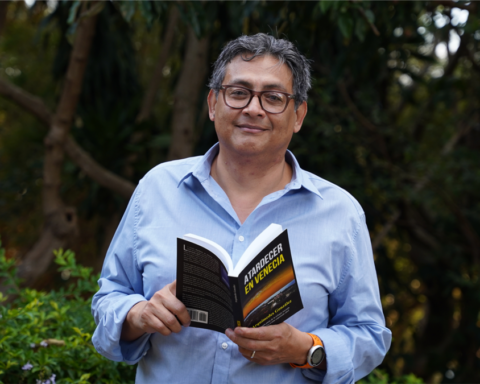The Center for Transdisciplinary Studies of Central America (CETCAM) will present next Wednesday, November 16, at four in the afternoon, an online discussion: “We are protagonists: women, participation and construction of peace, in light of Resolution 1325 of the UN Security Council (R1325).
According to the call, the event has the purpose of facilitating an exchange of experiences between two experts from Guatemala and Colombia on issues related to memory, truth, justice, violence prevention and political participation agendas for women.
Related news: Priests are exposed to silence, jail or exile by dictatorship, says Cetcam
In turn, they state that it is intended to motivate reflection on the meaning that R1325 may have for the participation and leadership of Nicaraguan women “in the construction of democracy, peace, truth, justice and respect for their rights within the framework of a hostile context for the population in general and women in particular”.
On behalf of Guatemala, the teacher and researcher participates in issues related to Culture of Peace and Conflict Resolution, Rosa Maria Wantlan, who participated in the peace process in his country.
While for Colombia it is the researcher, activist and defender of the human rights of rural women in Colombia, girlandrey sandoval. The conversation will be moderated by the Nicaraguan researcher and director of Cetcam, Elvira Cuadra.
It should be noted that the dialogue between the experts takes place within the framework of the investigation carried out by Elvira Cuadra on violence against women in Nicaragua, from 2018 to 2021.
Related news: International Feminist Tribune advocates for the freedom of women political prisoners in Nicaragua
“Nicaragua is going through a prolonged sociopolitical crisis where the State has become the perpetrator of violence against women,” says Cetcam.
It also points out that the conflict does not have the same characteristics as others in different parts of the world “because there are not two sides of combatants facing each other, but the levels of state violence used against the population in general and against women in particular, deserves reflection to background on the significance that R1325 can have for the participation of Nicaraguan women, make visible their contributions to the construction of democracy, truth, justice and their rights.
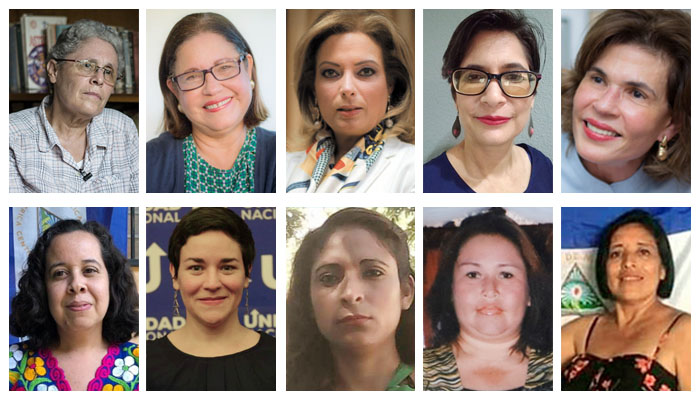
Human rights organizations point out that Nicaragua is the country where human rights are most violated, especially that of women. To date, the Ortega dictatorship keeps women opponents, lawyers, activists, among others, behind bars, whose rights have been violated.
Only in the Directorate of Judicial Assistance (DAJ). known as “El Nuevo Chipote” in Managua are captive women opponents and human rights defenders who have not been allowed to visit their relatives for more than two months.



